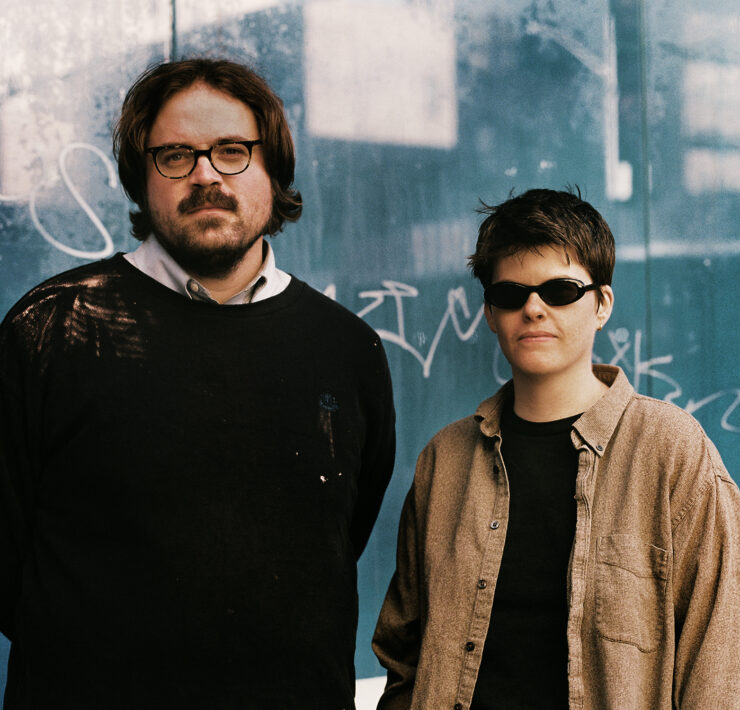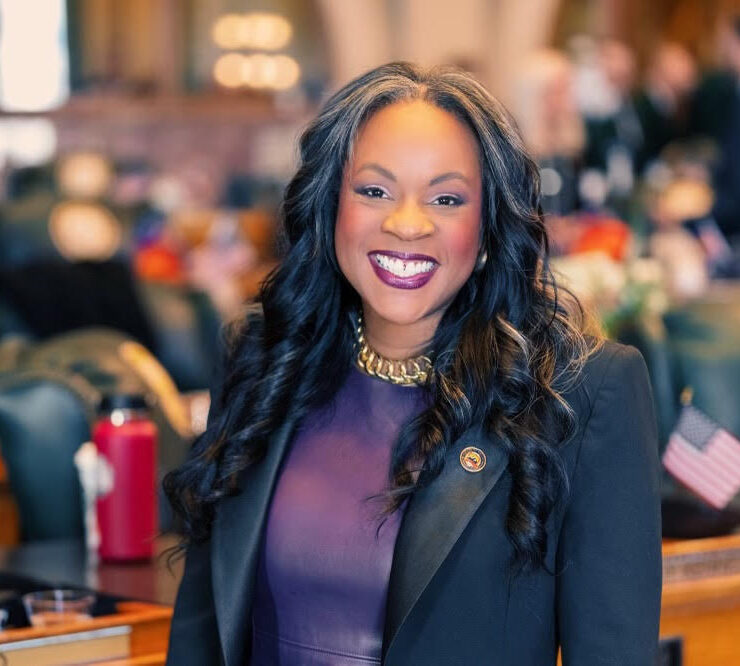Panel Voices: What issues, if any, do LGBT media fail to cover as well as they should?

Elizabeth Long, George Gramer and Jo Nibblock weigh in on this week’s question.
Elizabeth Long

Mainstream media outlets, including LGBT ones, produce what their advertisers support and what they think people want to see, and this often involves normalizing and/or capitalizing on queerness and distancing lesbians and gays from anything perceived as deviant. However, in doing so, the most public forms of LGBT media fail to cover the critical issues that most affect those on the margins of LGBT communities, such as criminalization and immigration. LGBT folks, especially communities of color and trans folks, continue to experience criminalization and imprisonment, yet mainstream LGBT media rarely highlights the issues affecting LGBT folks inside prisons. Additionally, discussions of immigration and the LGBT community within mainstream media are rare and when they occur often focus on marriage as a solution instead of other options such as broader immigration policy reform and solidarity and the exploitation of immigrant workers.
While I think it’s important to address these shortcomings, I think it’s equally important to highlight the alternative media created by LGBT folks, especially younger folks, to share their stories, expose the issues that most affect their lives, and organize. To not include these forms of media further marginalizes the stories told and dismisses the powerful roles alternative media creators have in disseminating knowledge and activating individuals and communities. (I’m thinking about the digital storytelling and action research created and led by young folks in CAVP’s Branching Seedz of Resistance program, fat femme tumblr blogs, and the activism around justice for Cece McDonald in Minneapolis).
In addition to fighting for the inclusion of certain issues in mainstream forms of LGBT media, we need to think more critically about our communities’ abilities to create and access the media covering the issues we need and want to see, including (especially!) the issues that make us uncomfortable.
Elisabeth Long is a sassy and sensitive queer femme-inist Pisces babe. She’s passionate about anti-violence and queer activism and enjoys nerding out on socio-cultural theory, bonding with animals, and rockin’ a hot pair of stilettos.
George Gramer

To discuss what the LGBT media does not cover well requires an examination of what they (e.g., Out Front Colorado, The Advocate, Out, Gayzette, etc.) cover well. Each of the four publications caters to a different audience, but generally, all cover personalities, social issues affecting the gay community, style and fashion, social events – past and future – and medical issues (i.e., HIV/AIDS) quite well.
Shortcomings include both elements of style and content.
Stylistically, several adjectives come quickly to mind. Articles can be emotional, sensationalistic, provocative, self-righteous and at times snarky. Clearly not every article or feature can be so described; however, it is likely that at least one of those five adjectives applies to several articles in each issue of each publication listed.
In terms of content, these publications must appeal to their base of readers or subscribers and to those who read the publications casually. Clearly gay-themed issues need to predominate in a gay marketplace. Being unique is likely quite a challenge for the editors, as there are only so many newly out celebrities, only so many political issues, and only so many events on the local or national GLBT calendar. I applaud Out Front Colorado for their long-term plan of issue themes, and this is one of the reasons they seem to improve with each issue.
Finally, as a multi-issue voter, I sometimes fault the gay media for lack of objectivity and balance. Too often, the lack of tolerance by the writers (the “it’s my way or the highway” approach, e.g., www.theadvocate.com) detracts from what could be an objectively written article.
George K. Gramer, Jr. is a native Iowan with two degrees from CU-Boulder. After a career in government, he moved to Denver in late 2007.
Jo Nibblock

I believe the LGBT media has really broadened its coverage of issues that affect us and our everyday lives. They have addressed the aging LGBT community and have been amazing at keeping us informed with current legislation and obtaining equal rights. However, I see another issue that deserves some attention, education and focus. Relationships.
Unfortunately the LGBT community seems to really struggle in establishing and maintaining healthy long term relationships. I heard someone say just the other day that two years was a long time to be together and I immediately felt sadness. Maybe it’s just what we typically see within our community but I think we need to visualize and believe in successful lifelong loves. Being a part of the LGBT community does have some additional stressors, which I know firsthand can adversely affect a relationship, but we are capable of healthy and successful long-term relationships and we should be proud of those who have found a way to make it work. We have fought so hard for the right to legally marry and cover the political aspect thoroughly, but while there is still some important work to be done, lets help our community now with relationship resources, columns, and celebrations of committed successful long term love affairs. Why not a wedding announcements page with colorful pictures or an advice column? This may seem somewhat romantic and soft hearted for a guy whose long term relationship just recently ended but I believe most of us are looking for that special person to build a life with and we want to do it right. I have learned a tremendous amount from my past relationships, but am always open to advice and hearing about others experiences, good and bad. I think we could all benefit from this small gap within the LBGT media getting the attention it deserves.
Jo Niblock is a Corporate Fraud Supervisor and photographer. He spends his free time with family and friends and loves doing anything outdoors. Jo is a transgender male who lives in Denver.










